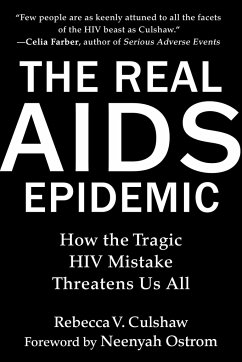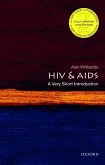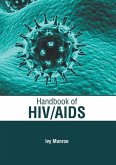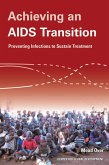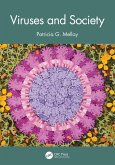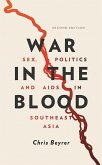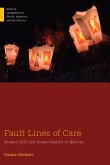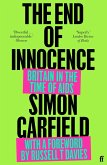Four decades after And the Band Played On created an image of the AIDS epidemic that has survived in the public consciousness to this very day, mathematician Rebecca Culshaw is sounding the alarm that everything that iconic book told us about AIDS is demonstrably wrong. And that mistaken understanding of AIDS and its cause has the potential to affect all of us, not just certain so-called risk groups. In The Real AIDS Epidemic, Rebecca Culshaw describes her slow uncovering of these reasons over her years researching HIV for her work constructing mathematical models of its interaction with the immune system. It is rare that a researcher, having studied HIV, ever expresses any doubt in the paradigm, and an even rarer event still when she abandons the field altogether. Culshaw's book, updated from its original edition, which was titled Science Sold Out, is one of the great insider-turned-whistleblower stories of our time. The Real AIDS Epidemic focuses on the politics of the changing definition of AIDS and the flaws in all HIV testing. In a much broader sense, it explains how the current, government-based structure of scientific research has corrupted science as the search for truth. It offers not only scientific reasons for HIV/AIDS being untenable, but also sociological explanations as to how the theory was accepted by the media and the world so quickly. In particular, this book offers a scathing criticism of the outrageous discriminatory measures that have been leveled at HIV-positives from the inception. She also warns that the toxic drugs being foisted on the Black and gay communities constitute one of the worst medical violations of human rights since the Tuskegee Syphilis Experiment. The compelling case she makes that the AIDS establishment has led us into a biomedical disaster through incompetence, fraud, and deceit will have many readers throwing their hands up and feeling helpless and hopeless. But she does something no other book that is critical about HIV and AIDS has done. She suggests a series of strategic actions the scientific community, Congress, the media, and the public can take to undo the damage that the powerful AIDS establishment has done since the epidemic began in 1981.
Hinweis: Dieser Artikel kann nur an eine deutsche Lieferadresse ausgeliefert werden.
Hinweis: Dieser Artikel kann nur an eine deutsche Lieferadresse ausgeliefert werden.

